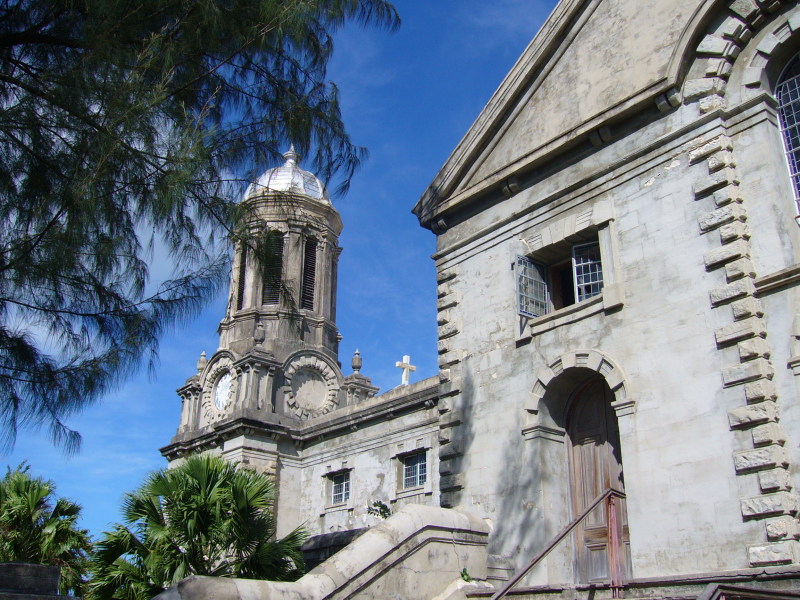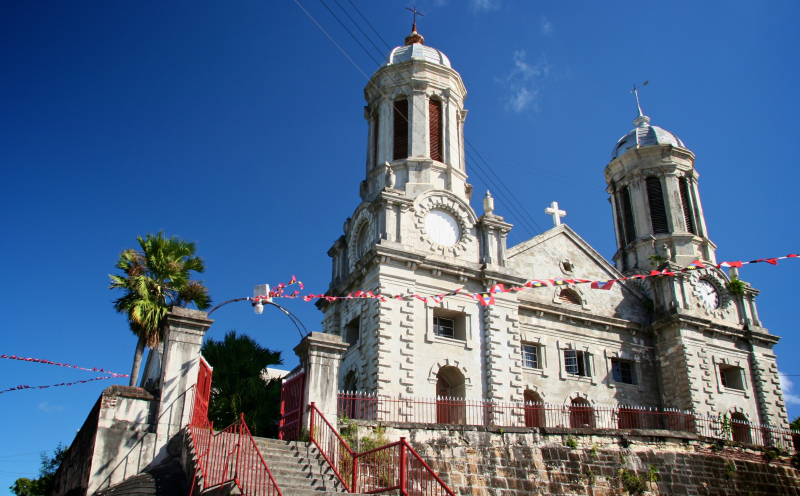Religion
Religion in Antigua and Barbuda consists of the religious beliefs and practices of the people who live there, as well as their history. Antiguans and Barbudans are largely Christian in their religious practices. In 1991, Anglicans constituted 32% of the population, Moravians 12%, Catholics 10%, and Methodists 9%. This Christian attitude, on the other hand, is creolized and shifts as we progress up the class structure. For the most of their existence, Antigua and Barbuda's churches were colonial institutions—overseas branches of England-based churches with pastors in charge. As a result, the Afro-Antiguan and Barbudan church, unlike the African American church, does not have a lengthy history of autonomous development. Autonomy came with the state's independence.
Despite this Anglicization, religious rituals have not been spared creolization. Traces of African religious history have remained among Afro-Antiguans and Barbudans in the practice of Obeah and in impulses toward more ecstatic types of devotion. The postcolonial period saw a significant creolizing of church music, which was influenced by calypso, reggae, and African American gospel music.









